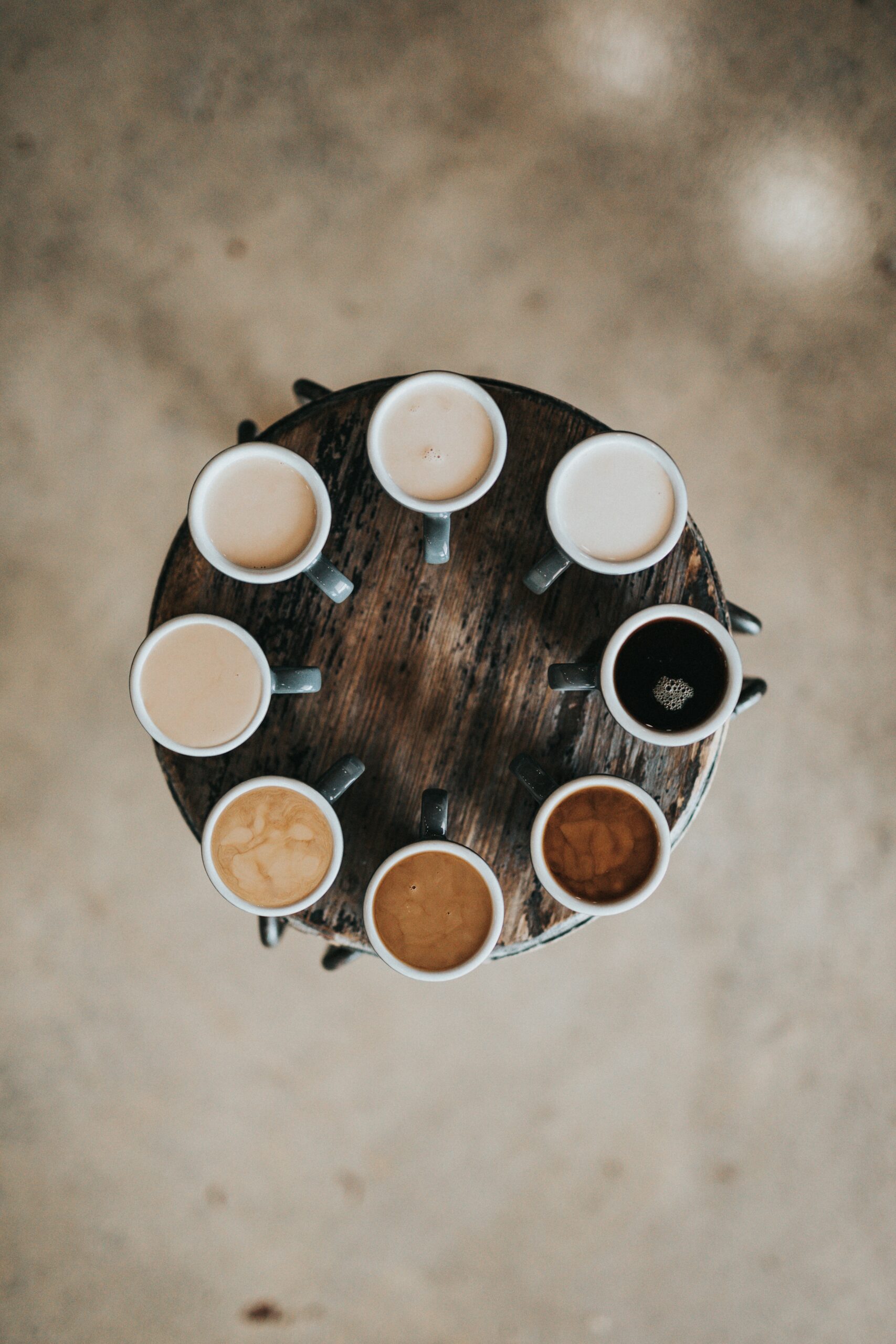Some other options for the appearance of coffee
Another Legends
Coffee Arrives in Europe: Europeans who traveled to the Middle East told tales of a strange dark black drink. Coffee had made its way to Europe by the 17th century and was becoming popular throughout the continent. Some people were skeptical or even terrified of this new drink. They dubbed it Satan's "bitter invention." When coffee arrived in Venice in 1615, the local clergy were not pleased. Because the fight was so large, Pope Clement VIII was asked to intervene. He decided to try the drink for himself before making a decision. When he did, he was so impressed that he gave it papal approval. Despite the controversy, coffee houses quickly became places where people met and talked in England, Austria, France, Germany, and the Netherlands. In England, "penny universities" sprouted up. They were so named because you could get a cup of coffee for a penny and have a pleasant conversation there. Coffee was gradually replacing beer and wine as popular breakfast beverages at the time. People who drank coffee instead of alcohol in the morning were alert and full of energy, so it's no surprise that their work was much better. (We like to think of this as the first office coffee service.) By the mid-seventeenth century, London had over 300 coffee houses. People with similar interests, such as merchants, shippers, brokers, and artists, frequented many of them. Many businesses grew out of these specialized coffee shops. Lloyd's of London, for example, was founded in Edward Lloyd's Coffee House.
Arriving in the United States: In 1714, the Mayor of Amsterdam presented a young coffee plant to King Louis XIV of France as a gift. The King directed that it be placed in the Royal Botanical Garden in Paris. Gabriel de Clieu, a young naval officer, obtained a seedling from the King's plant in 1723. Despite the difficult journey, which included bad weather, a saboteur who attempted to kill the seedling, and a pirate attack, he made it to Martinique safely. Once planted, the seedling not only thrived, but it is also thought to have contributed to the growth of more than 18 million coffee trees on the island of Martinique over the next 50 years. Even more incredible is the fact that all coffee trees in the Caribbean, South America, and Central America descended from this single seedling. The emperor dispatched Francisco de Mello Palheta to French Guiana to obtain coffee seedlings. This is how Brazil's well-known coffee was created. The French refused to share, but the French Governor's lovely wife presented him with a large bouquet of flowers before he left. There were enough coffee seeds hidden inside to launch what is now a multibillion-dollar industry. Coffee seeds were spread all over the world by missionaries, travelers, traders, and colonists, and coffee trees were planted everywhere. Plantations were established in beautiful tropical forests and rugged mountain highlands. Some crops thrived, while others did not. New countries were founded on coffee economies. A lot of money was made and lost. By the end of the 1800s, coffee had become one of the world's most valuable export crops. Coffee is the only thing people want more than crude oil.
